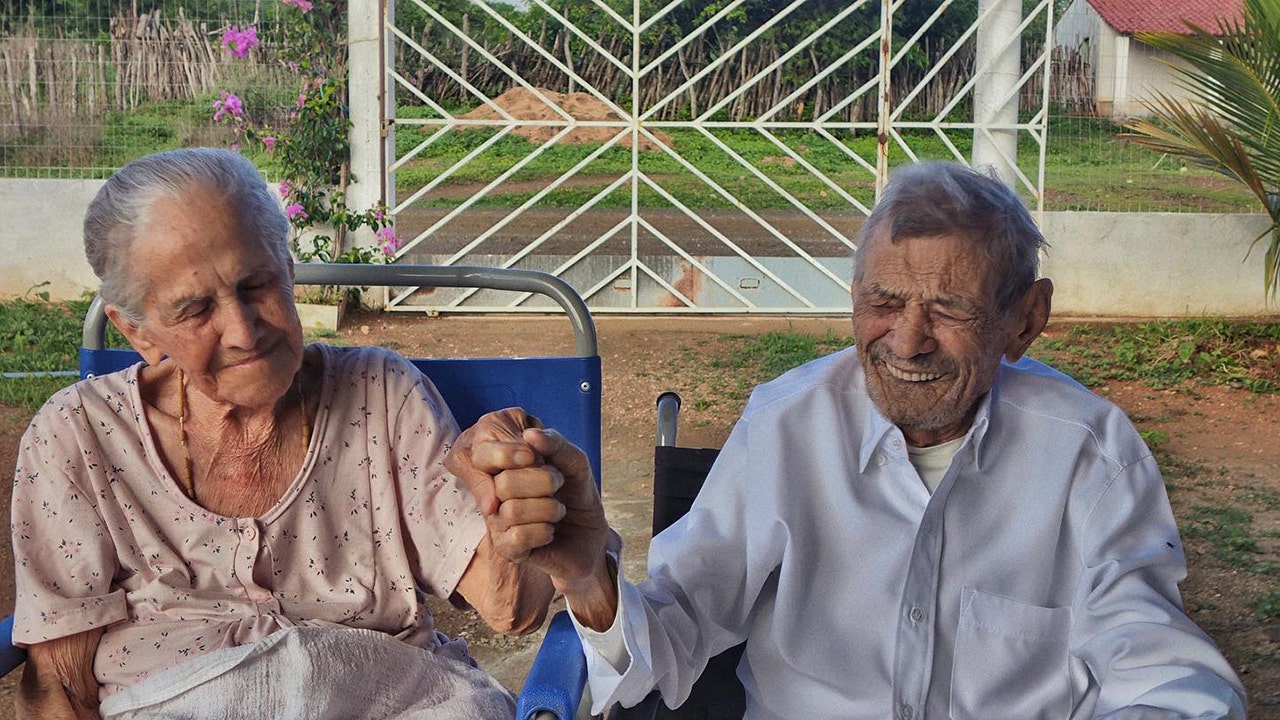Windy weather is expected to bring chills into Central Florida this week, and that shift in temperature can lead to strange changes in your body, according to Health Digest.
These changes can involve your teeth, bladders and wrinkles — among several others parts of the body.
Below are some of the changes you might experience:
HAVING TO PEE MORE
During the winter, you can suffer from a condition called “cold diuresis.”
The condition is your body’s way of preserving heat, but it can cause your blood pressure to go up, which makes your kidneys filter out more fluids.
As a result, your bladder fills up faster, prompting you to use the toilet more often.
PAINFUL TEETH
Cold weather can increase pain sensitivity and intensity for some people — and that includes teeth.
It could be a sign of inadequate enamel, which is used to protect the outer layer of teeth.
If so, using a toothpaste designed for sensitive teeth about 30 minutes before heading outside could help. Just be sure not to eat or drink anything during that time.
Additionally, avoiding acidic foods and drinks while managing your dental hygiene could also help with sensitive teeth.
DRY MOUTH
Colder temperatures often mean drier weather, so your saliva is likely to dry up and leave you with a dry mouth.
Considering that winter is also cold season, there’s a decent chance that an afflicted person will be breathing through their mouth more often, contributing to the problem.
Drinking more water and avoiding things like sugary soft drinks, caffeinated beverages, alcohol, and tobacco products can help you stay hydrated. Sugar-free chewing gum and humidifiers can also help.
BAD WRINKLES
Dry weather also means dry skin, which can make your wrinkles worsen and damage your skin.
The best remedy for this? Moisturize, exfoliate and consider using eye cream to take care of those under-eye areas.
Just be sure to avoid skincare products that can irritate your skin. Instead, try to stick with oils or humectants.
BURNING MORE CALORIES
The cold can make you shiver and cause your body to use up its stores of “brown fat,” helping you burn more calories.
However, it only kicks in when you’re really cold, so once your body warms up by moving around or exercising, you’ll likely see the effect wear off.
SORE MUSCLES
Cold weather can make your muscles contract, which tightens them and causes you to lose some range of motion.
If you’re exercising in this type of weather, it can make your muscle tissue suffer increased damage, resulting in more soreness.
To counteract this, make sure to focus more on light warm-ups and stretching to avoid overly stiff muscles.
Get today’s headlines in minutes with Your Florida Daily:
Copyright 2024 by WKMG ClickOrlando – All rights reserved.





